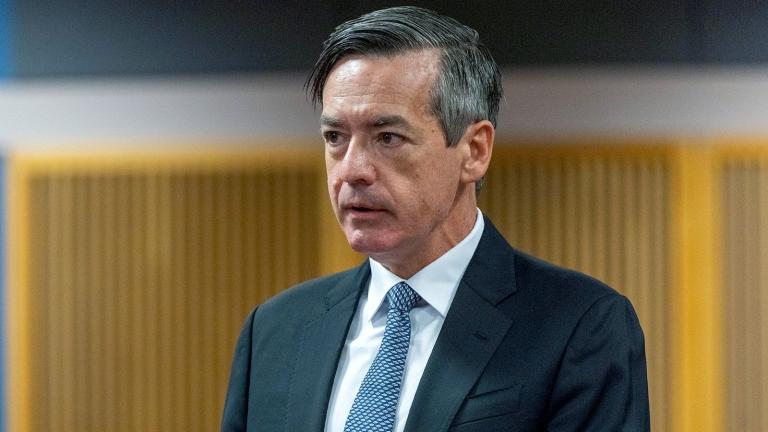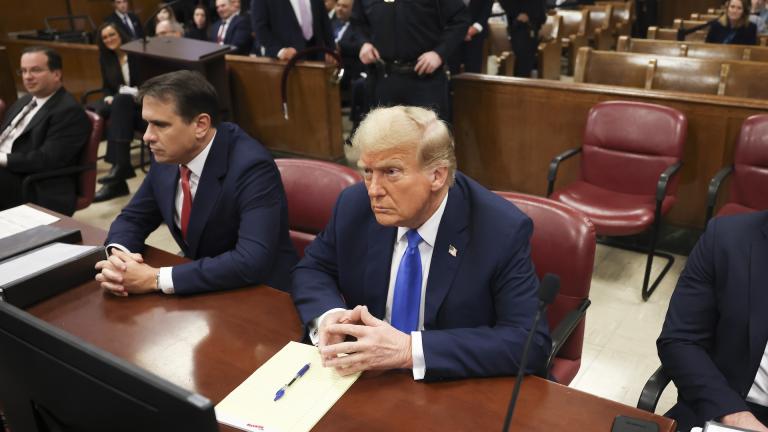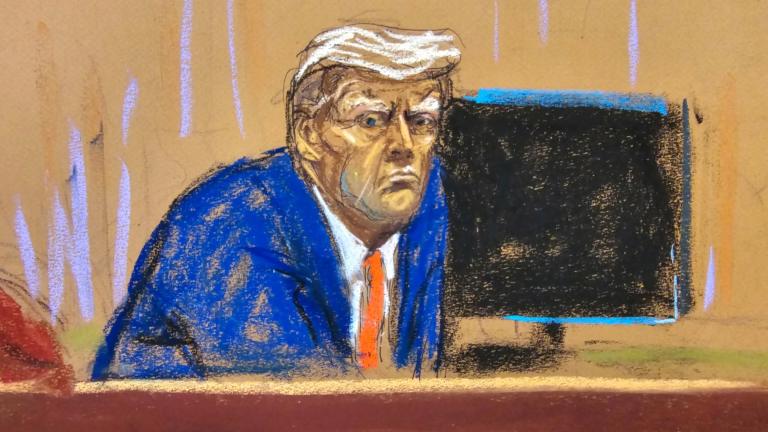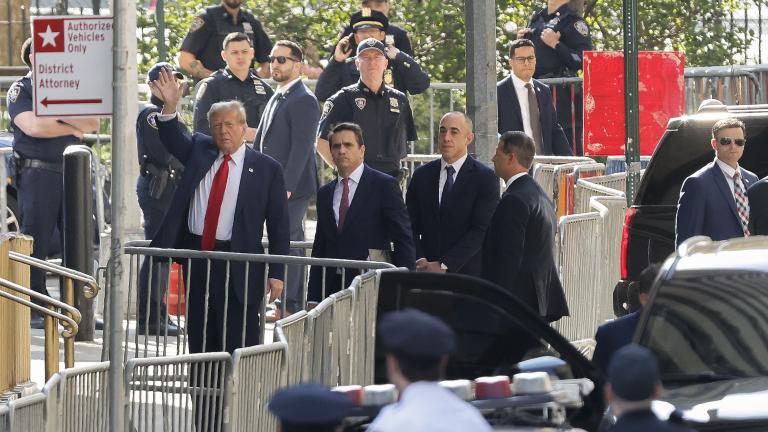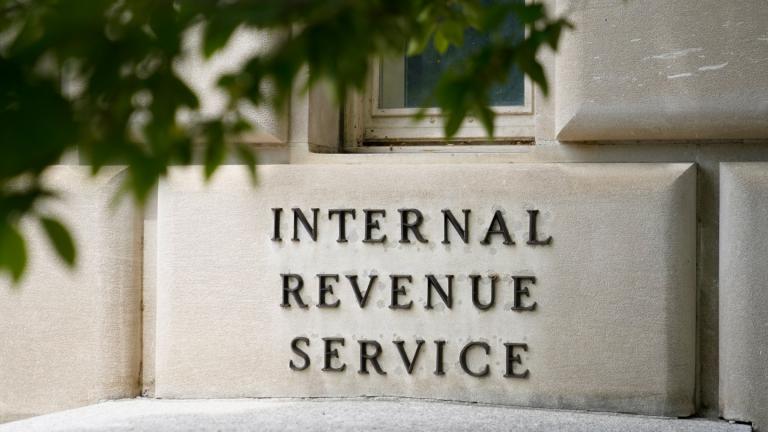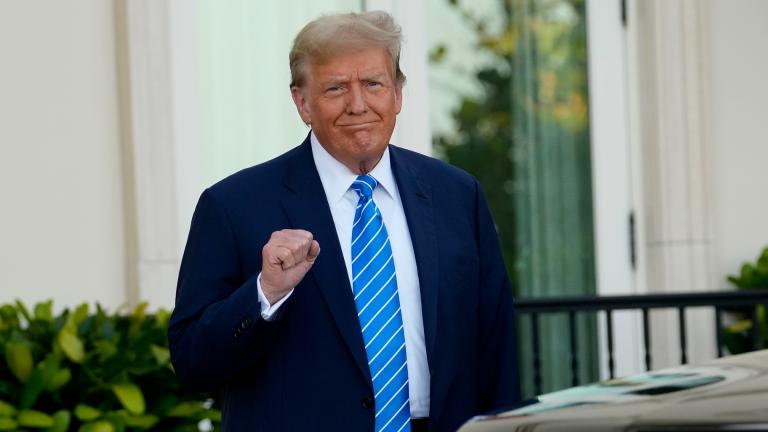The Supreme Court has agreed to hear three cases to determine whether President Donald Trump can keep his financial records private.
The president has vigorously protected his financial information by refusing to release his tax returns, a break in tradition from all other modern presidents.
“We are pleased that the Supreme Court granted review of the President’s three pending cases,” the president’s lawyer, Jay Sekulow, said Friday on Twitter. “These cases raise significant constitutional issues. We look forward to presenting our written and oral arguments.”
Trump’s lawyers have asked the high court to block three sets of subpoenas from congressional investigators and from a grand jury empaneled by Manhattan District Attorney Cyrus Vance, Jr. The New York case seeks eight years of business and personal tax records regarding the criminal investigation of Trump and the Trump Organization’s hush money to adult film star Stormy Daniels.
To be clear, the president himself isn’t being subpoenaed. Investigators want Mazars USA, Trump’s accounting firm, Deutsche Bank and Capitol One to turn over his personal, family and businesses’ financial records. All have agreed to comply with the subpoenas. Lower courts have also affirmed the legality of all the subpoenas.
“The question in these cases is whether those court orders are valid,” said Robert Hochman, a former Supreme Court clerk for Justice Stephen Breyer (1998-1999). “In other words, do those organizations, do those accountants, people who are holding those records, do they have to obey those subpoenas on penalty of contempt or is the president correct that those orders are invalid because they ask for financial information connected to the president?”
The Supreme Court plans to hear arguments in the spring and to hand down a ruling in June about the constitutional concept of separation of powers and the ability of Congress to demand information and the president to resist.
Hochman, who currently practices law in Chicago, joins us in discussion along with Carolyn Shapiro, who clerked for Justice Stephen Breyer in 1996 and 1997 and is an associate professor of law at the IIT Chicago-Kent College of Law, where she is also the co-director of the Institute on the Supreme Court of the United States.
Related stories:
House Vote, And on to the Senate: What’s Next in Impeachment
The Week in Review: Trump Lashes Out After House Panel Vote
Trump Picks Brett Kavanaugh for Supreme Court

